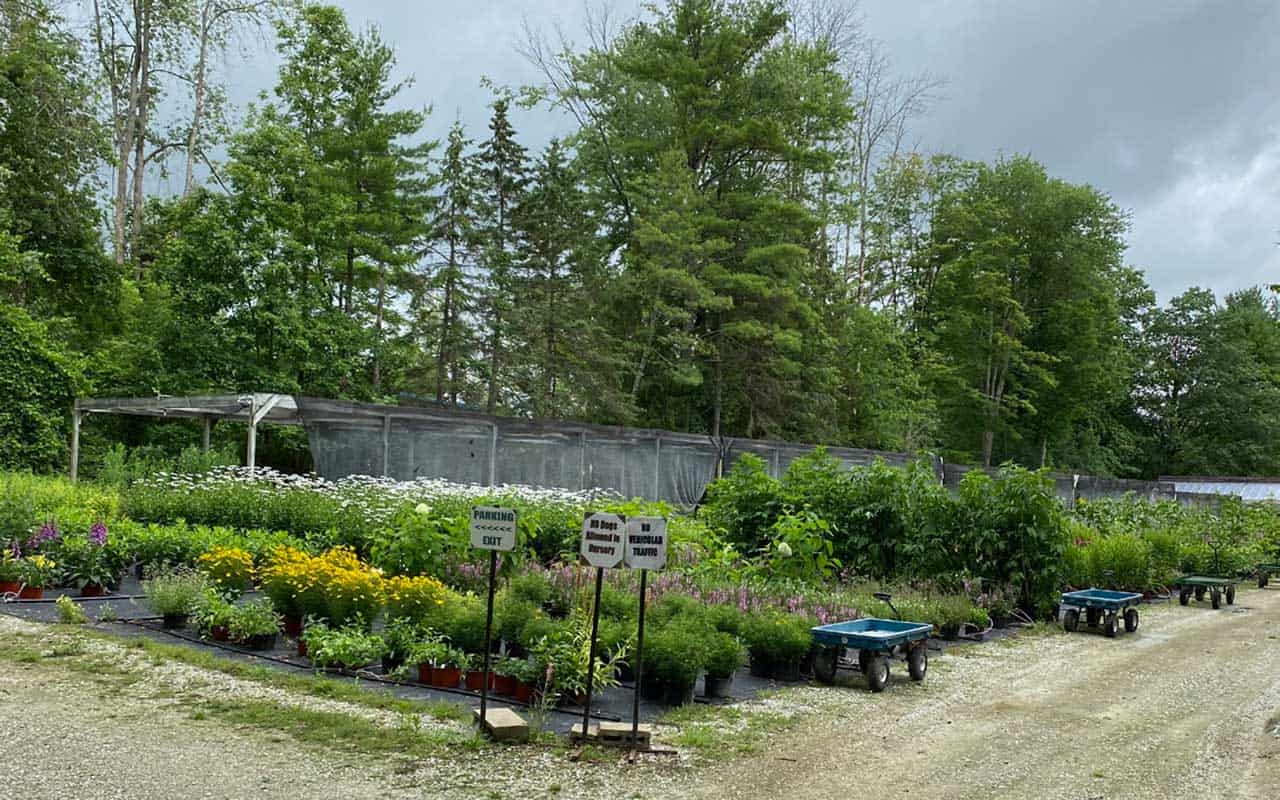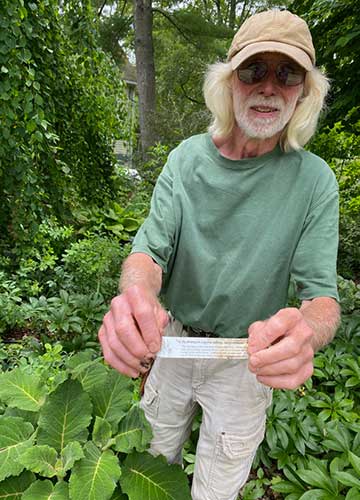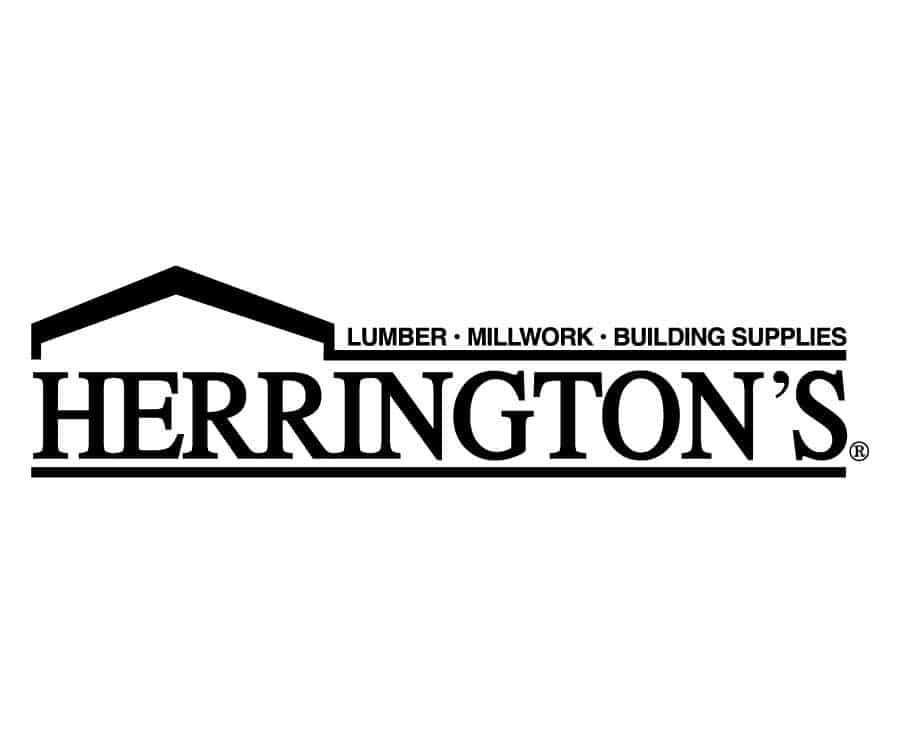Main Street Business

Growing A Business
Tom Scott, the founder and owner of Falls Village Flower Farm, sat down with me in his home office on a Sunday morning, to talk about the business he has built – or perhaps planted – over the last 24 years.
How did you arrive in Falls Village in this idyllic location?
I grew up in Dover Plains and when I was about ten years old I watched the Dover Fire Department carnival days parade. The Falls Village Department participated and sent about six firemen who looked like Appalachian Mountain men with long beards and white hair pulling an antique fire hose cart. I wondered what kind of place is this Falls Village. It intrigued me immensely. As an adult I heard about the great reputation of the Kellogg School and had friends who lived here. It must have been almost 30 years ago that Charlotte Kester’s farm became available, and I bought it directly from her with the idea of starting my own nursery. There was an old collapsing barn and a spring house where farmers stored their milk until the milk train stopped by.
How would you describe your business?
We sell hardy, vigorous ornamental plants that are grown outside without greenhouses or artificial light. These plants are grown from seeds, divisions, cuttings and starter plugs. We overwinter our plants and sell them the next year after we find out whether they are worth growing.
How did you learn about plants?
It started when I had a small vegetable plot on my grandmother’s land. After high school and one year of college, which wasn’t for me, I had a variety of jobs doing almost everything. My first job was at the Dover IGA. Then I worked as a carpenter, managed the store at Ellsworth Farms, grew vegetables for White Hollow Farm and worked for other nurseries. What people don’t understand is that growing plants is only part of this business. It’s also managing people, interacting with customers, maintaining equipment, marketing, and paying taxes and bills.
How did the business grow?
We started out very small as a wholesale nursery in 1997. Garden designer Marsha Kaufman was our very first customer. The business just ballooned, and we added more growing space, and more cultivars. We have wholesale and retail customers and they come from all over – Massachusetts, Connecticut and New York. As a group they are very knowledgeable about plants – that’s why they come here. We have garden designers and garden services as clients, but about 99% of our business now is retail.
What’s necessary to succeed in this kind of business?
Basically, you have to be a jack of all trades, mechanically inclined to maintain and repair equipment, be socially acceptable, and know all the legal aspects of being in business. You also have to know how plants grow. What is the physical structure – the crown, roots, and stems? To understand how each plant is different. Where the flowers are formed, and the timing, different ways of pruning and how a plant reacts to growing conditions.
I’ve learned that marketing is helpful in growing a business. I now have a marketing consultant that handles all our social media, radio, and print ad placement and even special events. For example there is a regularly scheduled painting class that comes to the nursery to paint from nature. And we have a webmaster who supports our internet presence.
What’s special about Falls Village Flower Farm?
We grow our own plants and always have plants in stock even when they aren’t blooming. We offer unusual, tested plants that are hard to find, and we will find and cultivate plants customers are looking for. As I mentioned we also give customers a lot of advice and information about the plants they are buying.
What’s the most difficult part?
The hardest part is finding reliable, capable people who are serious about working here. Right now I have seven part-time employees and they are all great.
Are nurseries regulated?
We are licensed and inspected by the state of Connecticut because we grow plants. Regulators are checking for bugs and disease and want to make sure we produce a clean product.
What don’t most people understand about plants?
The biggest misunderstanding is the importance of pruning, which encourages a plant to grow and become stronger. Fertilizing in spring, summer, and fall is also very helpful. We use a 10-10-10 fertilizer here. An easy thing to do is to leave the leaves in your garden in the fall. They retain the moisture, decompose, and hold down the weeds.
What do you find most satisfying about running a nursery?
I get the winter off – just kidding. Producing a good plant is the best part and experimenting with different methods of planting and pruning.
What’s a typical day for you? What do you do in winter?
During the season from March until October a typical workday consists of two hours of watering starting at 6am. Then the staff arrives at 8 and we talk about what we are going to do that day. Usually, I get to come home sometime around 6pm to 8pm. It’s really a 24/7 business.
In the “off” season I visit my family in Maine every year for a big lobster Thanksgiving meal. For the rest of the winter, I take care of equipment, order supplies, and even clean my house – there’s no time for that during the season. Then there’s winter pruning. I start with fruit trees, move on to ornamental shrubs, and end up with roses and grapes in March.
Whom do you admire?
I admire those who are really knowledgeable about plants. Like Wenonah Webster in Sheffield – the family has been in the landscaping and horticulture business for generations. Adam Wheeler at Broken Arrow Nursery in Hamden, CT, has a wealth of knowledge. They grow plants there that won’t survive here.
 Have you had any disasters? What impact did Covid have on your business?
Have you had any disasters? What impact did Covid have on your business?
We did get hit by hail stones the size of ping pong balls and we almost had a big disaster when our irrigation pump went out on a Saturday night. Perotti’s came over and saved the day, but the Falls Village Fire Department was standing by with tanker trucks and Century Cement was prepared to send help to supply water if the pump couldn’t get repaired.
During Covid our business boomed. Our first three customers in 2020 said the same thing, “We’re stuck at home and we’re going to do some gardening.” I think it will last as people realize that gardening is healthy exercise with great rewards.
What’s next for the farm?
In the immediate future we’re developing cut flower bouquets and stems for sale with a flower display garden for people to view. But we will be doing the flower cutting. The other big new effort was building a regulation bocce ball court and now finding enthusiasts who would like to play. You can bring your own food and drink and up to eight friends and play on an hourly basis, half day or full day. Anybody can play and you don’t have to be good to have a lot of fun.
Over the longer term I would like to find someone who would work alongside me, learn about plants and the business and then take over. Then I would work for them and take orders – I never intend to retire.
What do you tell customers when they ask you what to plant?
It’s simple. I tell them to plant what they like looking at. As Duke Ellington said when someone asked about what’s the best music, “It’s the kind of music you like listening to. If it sounds good, it is good.”
Have you noticed the impact of climate change?
Climate change has affected us here for at least the last ten years. It has shortened our winters affecting plants that require dormancy. Weather has become more severe – heavy rainfalls then drought. We’re told that we shouldn’t be planting hemlocks now because of higher temperatures. Our climate is definitely changing.
To learn more about the Falls Village Flower Farm, you can visit them at 27 Kellogg Road in Falls Village, or online at www.fallsvillageflowerfarm.com



